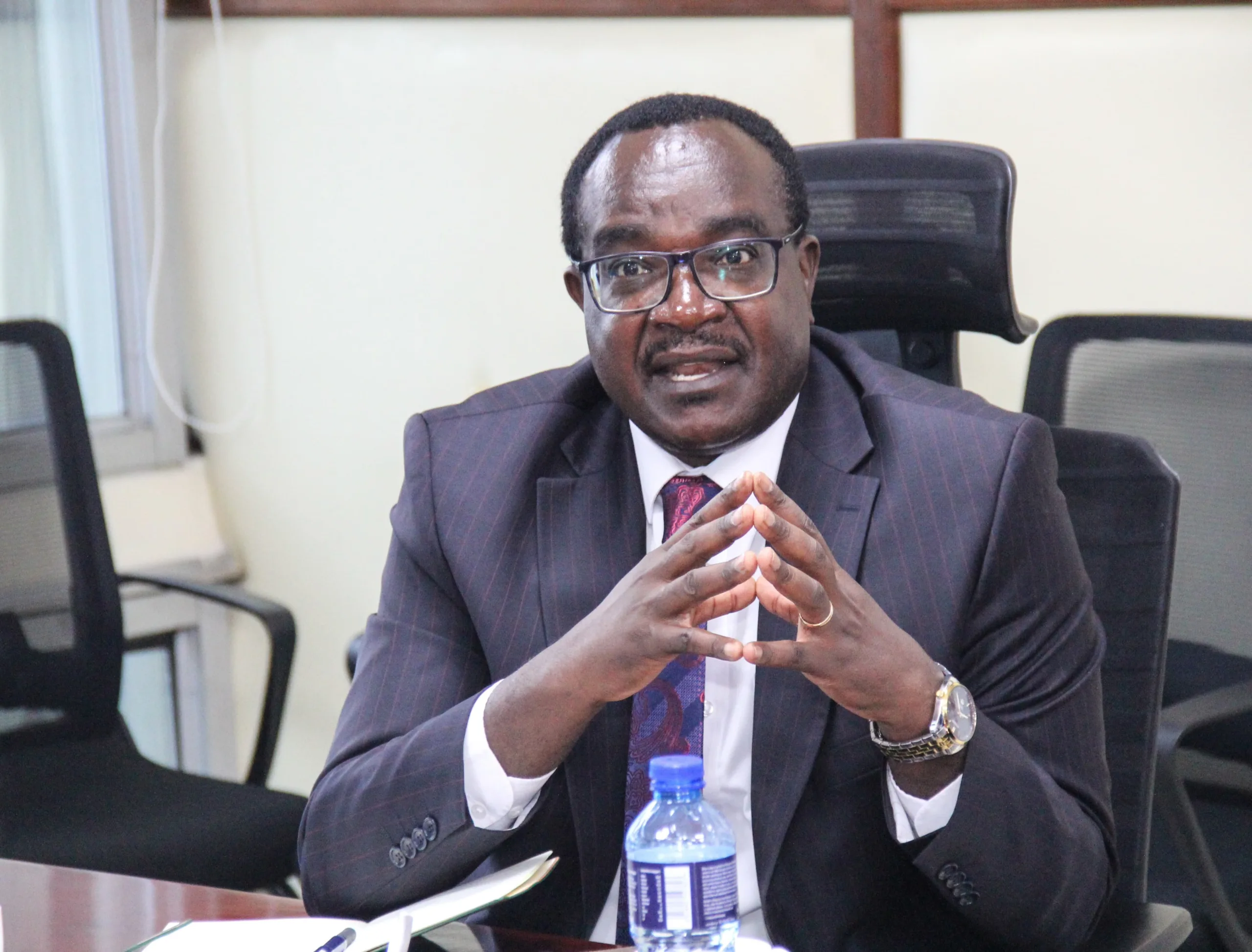International Day of Education 2025: Addressing the Challenges of Kenya’s Education System.
On International Day of Education 2025, the global community comes together to reflect on the critical role education plays in achieving sustainable development, peace, and prosperity.
In Kenya, education is not only a fundamental right but also an essential driver of economic growth and social transformation. However, like many countries, Kenya faces significant challenges within its education sector that hinder the full realization of its educational potential.
This year, as we observe this important day, it is vital to consider the strides Kenya has made in education and the obstacles that remain. From teacher shortages to inadequate infrastructure, Kenya’s education system continues to grapple with issues that require both national and global attention.
Teacher Shortages and the Quest for Qualified Educators
Addressing the Teacher Shortage in Remote Areas
One of Kenya’s most pressing educational challenges is the shortage of qualified teachers, particularly in remote and underserved areas. Despite efforts to recruit more educators, these regions continue to suffer from an insufficient number of teachers, impacting the quality of education.
This shortage also leads to overcrowded classrooms, where students often lack the individual attention needed for effective learning.
As Kenya marks International Day of Education 2025, it is crucial to recognize that quality education begins with well-trained and sufficient teachers. In many areas, schools are forced to rely on untrained staff, which further compromises the learning experience.
The government, however, is actively working to address this issue through various recruitment and training initiatives, though challenges persist.
Poor Infrastructure: A Barrier to Effective Learning
Upgrading School Facilities to Improve Learning Environments
Another significant challenge is the poor infrastructure present in many schools across the country. Kenya’s education system faces a dire need for better classrooms, sanitation facilities, and learning materials.
In some rural areas, students learn in makeshift structures with little to no access to essential resources like textbooks, libraries, and computers.
On International Day of Education 2025, it is important to recognize the link between quality infrastructure and successful learning outcomes. Schools that are overcrowded or lack basic facilities cannot provide students with an environment conducive to learning.
While there have been some efforts to improve school facilities, the financial constraints faced by the government hinder the speed and extent of these improvements.
Financial Constraints: Limited Resources for Education
Underfunding: The Strain on Educational Programs
Kenya’s education system remains underfunded, which limits the implementation of new programs and the improvement of existing ones. The budget allocated to education is often insufficient to meet the demands of a growing student population and to address the various challenges schools face.
This underfunding affects everything from teacher salaries to the provision of teaching materials and the development of school infrastructure.
International Day of Education 2025 calls for increased investment in education worldwide, and Kenya is no exception. While the government strives to increase its education budget, it is clear that more resources are needed to meet the evolving needs of students and teachers.
The Quality of Education: Improving Learning Outcomes
Addressing Absenteeism and Overcrowded Classrooms
Quality education in Kenya continues to be hindered by issues such as teacher and student absenteeism, overcrowded classrooms, and inadequate learning environments.
These factors affect the ability of students to fully engage with the curriculum and can contribute to high dropout rates. The overcrowding in classrooms often leads to distractions and a lack of individualized attention from teachers.
On International Day of Education 2025, the global community is reminded that education is about more than just access; it is about ensuring quality learning for every student. Kenya’s efforts to address these challenges through increased investment in teacher training and infrastructure are ongoing but need further support.
Access to Information: Bridging the Communication Gap
Enhancing Communication Between Teachers and Administrators
Another challenge faced by Kenya’s education system is the lack of effective communication between teachers, school administrators, and the wider education ministry.
Without clear channels of communication, important updates about curriculum changes or educational initiatives may not reach teachers on time, leaving them unprepared to adapt their teaching methods accordingly.
On this day, when we celebrate education’s transformative power, it is crucial to recognize the role of effective communication in achieving educational goals.
Clear and timely communication is key to ensuring that the policies and strategies implemented by the government can be properly executed in classrooms across the country.
Data Management: Improving Educational Decision-Making
Addressing Inefficient Data Systems in Schools
Kenya’s data management systems for education have not kept pace with the needs of a modern, digital society.
Many schools still rely on outdated manual systems to track attendance, student progress, and exam results, leading to inefficiencies and errors. With the increasing importance of data-driven decision-making, the current systems are inadequate for guiding improvements in education quality.
International Day of Education 2025 is an opportunity to advocate for the modernization of educational data systems. Digital tools could greatly improve the way Kenya tracks student performance, manages resources, and measures the impact of education reforms.
Investment in data management infrastructure is crucial for better decision-making and accountability in the education sector.
Curriculum Reforms: Aligning Education with Modern Needs
The Push for a Competency-Based Curriculum
The Kenyan education system has undergone significant reforms in recent years, including the introduction of the Competency-Based Curriculum (CBC). This curriculum aims to shift the focus from rote memorization to skill-building, helping students develop critical thinking and problem-solving abilities.
However, the implementation of this new curriculum has faced challenges, including the need for extensive teacher training and the availability of adequate teaching materials.
On International Day of Education 2025, we reflect on the importance of curriculum reforms in shaping the future of education. The CBC is a step in the right direction, but its success will depend on the level of preparedness of teachers and the resources available to schools.
Ensuring that teachers are adequately trained and that schools are equipped with the necessary tools will be critical for the successful implementation of these reforms.
Online Learning: Harnessing Digital Resources
Overcoming the Digital Divide in Education
The global shift towards online learning, accelerated by the COVID-19 pandemic, has highlighted the potential for technology to enhance education. However, Kenya still faces significant challenges in integrating technology into the education system.
Limited access to the internet, a lack of digital devices, and inadequate training for teachers on using online platforms all contribute to the slow adoption of online learning in many schools.
On International Day of Education 2025, it is essential to recognize the role of technology in shaping the future of education. While urban schools in Kenya may have access to online resources, many rural schools continue to face barriers that prevent them from fully benefiting from digital education.
Bridging the digital divide is a crucial step in ensuring that every student has access to quality education, regardless of their geographical location.
Student Welfare: Addressing External Barriers to Education
Tackling Poverty, Early Marriage, and Substance Abuse
Outside of the classroom, students in Kenya face numerous challenges that affect their ability to learn. Poverty remains a major obstacle, as many children are forced to drop out of school to support their families.
Early marriage, particularly among girls, is another significant issue, preventing many young women from completing their education. Substance abuse among students also hampers their ability to focus and succeed academically.
The government, along with NGOs, has introduced various initiatives to support student welfare, such as scholarship programs, awareness campaigns, and counseling services. However, much more needs to be done to address the root causes of these challenges and ensure that all students can thrive academically.
Technology Integration: A Slow but Steady Progress
Addressing the Gaps in Technology Access
Technology has the potential to transform education in Kenya, yet many schools still lack the necessary tools and infrastructure to integrate it into their teaching methods. While urban schools may benefit from digital learning platforms, rural schools are left behind due to limited internet access and a lack of computers.
International Day of Education 2025 emphasizes the need for greater investment in education technology. The government has partnered with the private sector to provide schools with digital devices, but there is still a long way to go before technology is fully integrated into every classroom in Kenya.
Conclusion: A Call to Action on International Day of Education
As we celebrate International Day of Education 2025, we are reminded of the importance of education as a tool for social and economic transformation.
Kenya’s education system has made great strides in recent years, but it continues to face significant challenges. Teacher shortages, inadequate infrastructure, financial constraints, and limited access to technology all stand in the way of providing quality education for every student.
On this special day, we must call for greater investment, collaboration, and innovation to overcome these challenges. Education is the key to unlocking the potential of Kenya’s future, and it is the responsibility of all sectors of society to ensure that every child has the opportunity to succeed.
International Day of Education 2025: Addressing the Challenges of Kenya’s Education System.
Follow Teachers Updates on Facebook, LinkedIn, X (Twitter), WhatsApp, Telegram, and Instagram. Get in touch with our editors at [email protected].



Discussion about this post